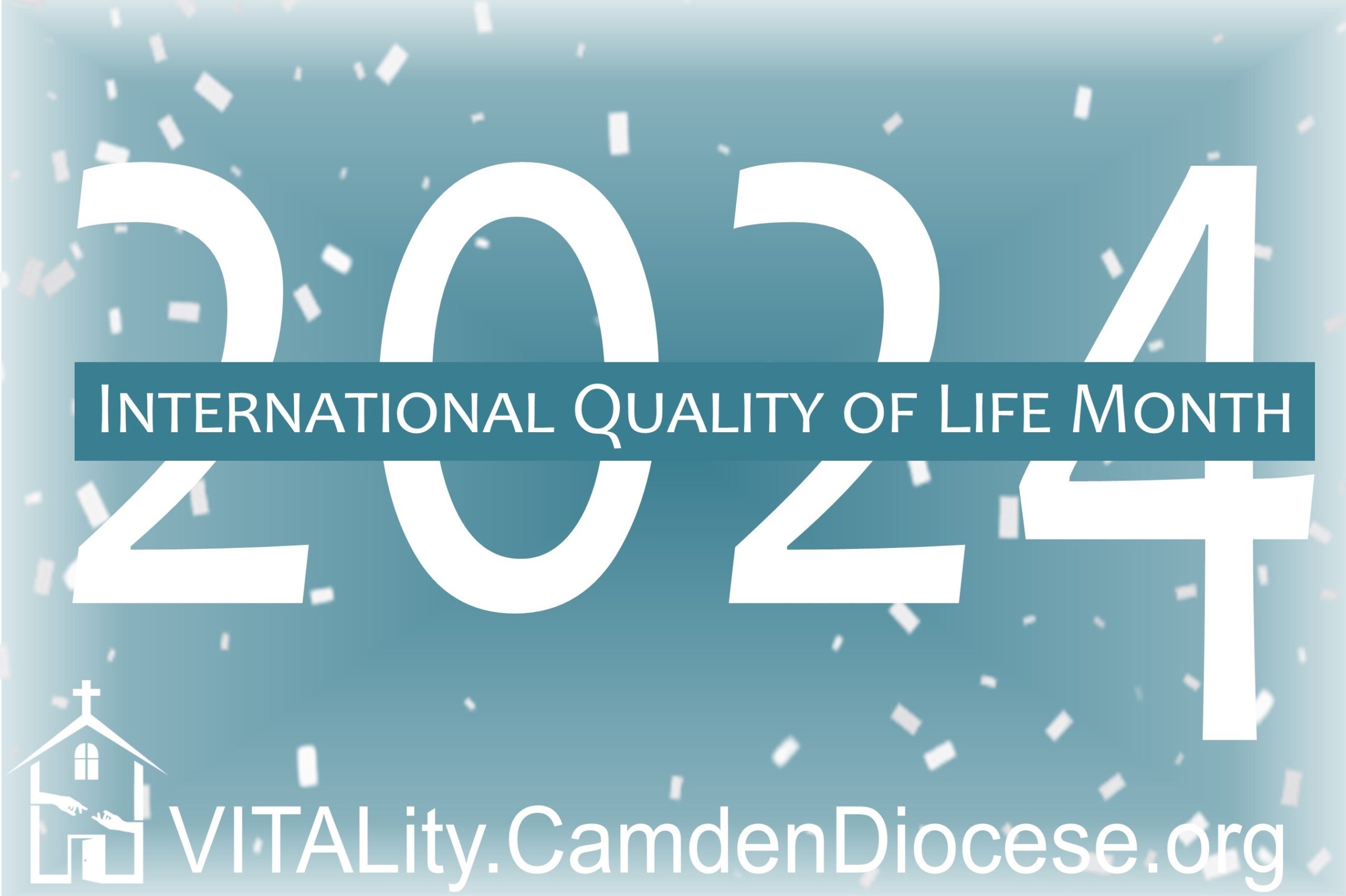Feed the Hungry
By: Deacon Jerry Jablonowski
Executive Director, Vitality Catholic Healthcare Services
Traditionally, when we seek to practice the Corporal Work of Mercy to Feed the Hungry, we focus our efforts on the poor, the marginalized, the homeless, and those in under developed countries who do not receive adequate food or nutrition on a daily basis. In our faith response, we contribute to local food drives, participate in stocking community food banks, help out at local homeless shelters, or contribute money to international hunger relief agencies like Catholic Relief Services, to help alleviate the pain of hunger both locally and throughout the world. These works are certainly all acts of great mercy and share in the call to compassion as Disciples of Christ.
Also, however, in performing this wonderful work of mercy, we must not lose our focus on our elderly brothers and sisters right here in our own families, our communities, and our parishes. Malnutrition and the effects of improper diet take on many forms in the frail elderly. It not only causes stress on the body and the discomforting pains of hunger, but also, the associated ills of chronic medical conditions can be made worse through an improper diet. it remains our Christian obligation to see that the elderly are adequately taken care of physically, emotionally, and spiritually, with an awareness of this need for proper nutrition.
The mere act of eating and sharing a meal with another person, brings emotional uplifting to an otherwise lonely elderly individual who, day in and day out, must eat alone in the confines of their own kitchen. Joining another for a meal is certainly an act of mercy in many instances. Just as jesus used to occasion of meals to share His teaching, His mercy, and His life with us, we too are called to see the spiritual benefits derived from that same act. Feeding the hungry, and joining them in that meal, is a great act of mercy and love.
Physical health is dependent so often on the nutritional condition of the elderly person. Eating the right foods and assuring adequate (not over abundance) of daily calories is essential for good health and the highest quality of life. Too often in our compassionate efforts to feed the hungry, we fail to recognize the health implications in the food we offer. Attached are a few tips directed to the elderly or to those charged with their nutritional well-being. If we’re going to practice mercy by our efforts to help provide them food, it’s important that we maximize the health benefits and reduce the risks that improper diet can bring about in the health status of an aging individual. to eat well is to live well. Certainly the most vulnerable among us deserve to live well.
Eating right doesn’t have to be complicated. Choose foods that provide the nutrients needed without too many calories. Build a healthy plate of food with vegetables, fruits, whole grains, low-fat dairy and lean protein foods. Try these eating right tips:
Make half the plate fruits and vegetables. choose “reduced sodium” or “no-salt-added” canned vegetables. Fresh and frozen are the best! Add fresh fruit to meals, salads and snacks.
Make at least half the grains whole. choose 100% whole-grain breads, cereals, crackers, pasta and brown rice. Also, look for fiber-rich cereals.
Switch to fat-free or low-fate mile, yogurt and cheese. Older adults need more calcium and vitamin D to help keep bones healthy. Include three servings of fat-free or low-fat milk, yogurt or cheese each day. If lactose intolerant, try lactose-free milk or a calcium-fortified soy beverage.
Vary protein choices. Eat a variety of foods from the protein food group each week, such as seafood, nuts, and beans and peas, as well as lean meat, poultry and eggs.
Cut back on sodium and empty calories from solid fats and added sugars. Ass spices or herbs to season food without adding salt. make major sources of saturated fats such as desserts, pizza, cheese, sausages and hot dogs occasional choices, not every day foods. Drink water instead of sugary drinks. Select fruit for dessert.
Following these simple eating tips will ensure that as we fee the hungry amount our elderly, we are contributing to their overall health and well-being. This brings our work of mercy to an even higher level of compassion and concern.
For more information on caring for the elderly or with any questions or concerns, fee free to call the Vitality Resource and Referral Help-Line at 888-26-VITALity (888-268-4825) or visit our website at www.0511f90e42.nxcli.io
Vitality Catholic Healthcare Services. A Healthcare Ministry of the Diocese of Camden.



